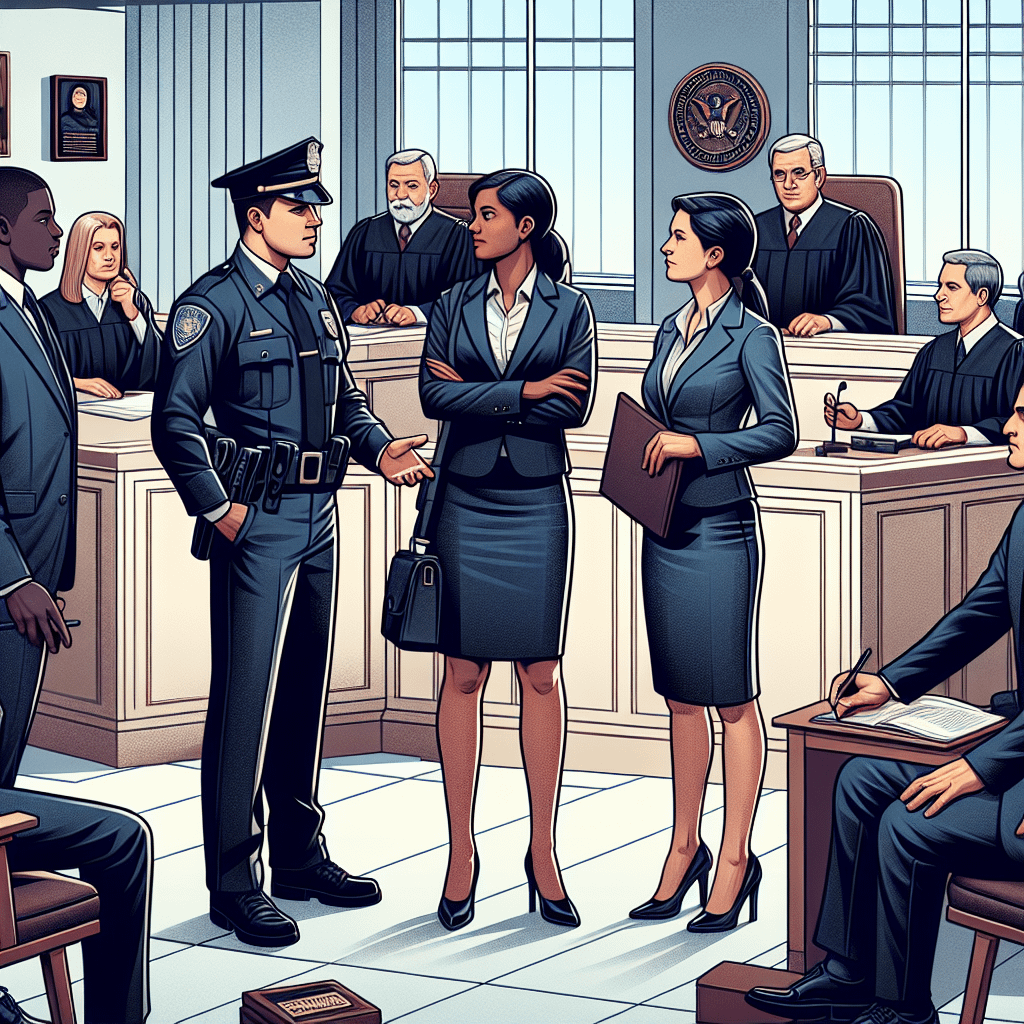When it comes to interactions with the police in Australia, it’s important to know your rights. Whether it’s a simple chat or a formal interview, understanding your rights can help you navigate these situations with more confidence and clarity. Here’s a breakdown of what you should know if you’re ever questioned by the police.
Right to Silence
One of the most fundamental rights is the right to remain silent. This means you are not obligated to answer questions that might incriminate you. It’s perfectly acceptable to say, “I don’t want to answer any questions until I have spoken with a lawyer.” Remember, anything you say can be used in court, so it may be wise to exercise this right until you have legal advice.
Providing Your Name and Address
While you have the right to remain silent, there are certain situations where you are required to provide your name and address. This is typically when the police suspect you of a crime, if you’re driving a vehicle, or if you’re in an area with specific police powers in effect, like designated event zones. Refusing to provide these details when lawfully required could lead to charges.
When the Police Can Search You
Police can conduct a search of you or your property under certain conditions. These include having a warrant, obtaining your consent, or if they suspect you have illegal items like drugs or weapons. However, always ask to see a warrant if one is involved and seek clarification if you’re unsure why you’re being searched.
Being Arrested
If you are arrested, the police are required to inform you of the reason. You also have the right to contact a lawyer and a friend or family member to let them know where you are. Remember, being arrested doesn’t mean you are guilty—it’s crucial to contact a lawyer who can guide you through the process.
Right to a Lawyer
Upon being taken to the police station, you should be informed of your right to speak to a lawyer. It’s a good idea to take advantage of this, even if you feel you’ve done nothing wrong. A lawyer can advise you on how to proceed and ensure that your rights are protected. Ideally, this conversation should occur in private.
Police Interviews
If you’re asked to participate in a police interview, you don’t have to agree unless you’ve been formally arrested. For serious offences, police interviews are usually recorded. You can request a copy of this recording for your records. Again, having a lawyer present or getting advice beforehand is highly recommended.
Children and Police Questioning
For minors, the rules are more stringent. If a child under 18 is being questioned, a guardian or an independent adult must be present. This safeguard ensures that young people have support during any interaction with police.
Practical Tips
- Stay Calm and Polite: If approached by the police, remain calm and respectful. This approach often leads to a more straightforward interaction.
- Document the Encounter: Make mental notes or, if possible, write down everything about the encounter, including the officers’ names and badge numbers.
- Seek Legal Advice Promptly: If unsure about any situation involving the police, seek legal advice as soon as possible.
Understanding your rights can not only help protect you during police interactions but also ensure that any subsequent legal proceedings are fair. It’s wise to stay informed and prepared, and remember, when in doubt, consult with a legal professional to verify and clarify your rights.








